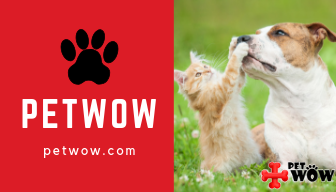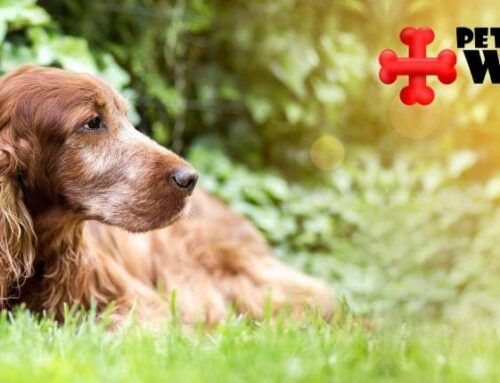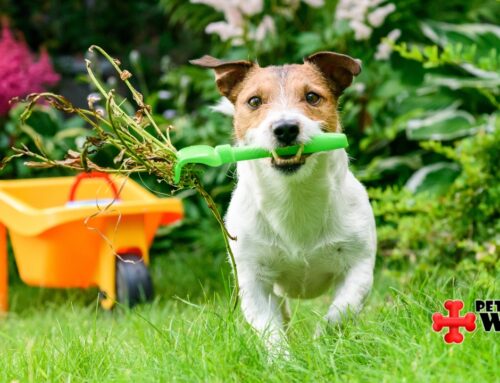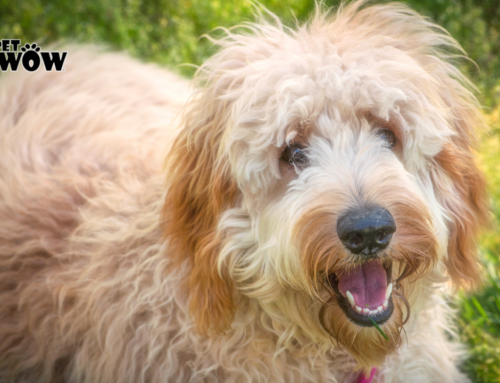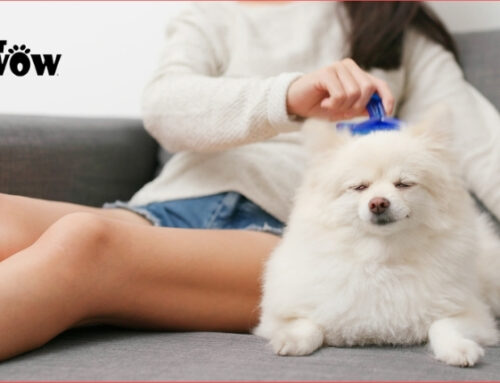Double-coated dogs, like Retrievers, Shepherds and Pomeranians for example, have special grooming needs. A double coat is a combination of fur and hair. And while some dogs with long hair may require regular trimming of their coat. Grooming not only ensures that they look their best, but you’re also making sure their coats don’t become tangled or matted, and that they are free of parasites such as fleas and ticks.
What’s In A Coat?
Not all dogs have the same type of hair/fur. Here’s how to determine if your pet has a coat of hair or a double coat. Hair is coarse, uniformly about the same length, and you’ll be able to see the skin between the individual hairs as you brush them to one side. Fur, on the other hand, is very soft and fluffy – almost like cotton, and it lies close to the skin. Dogs with double coats will have both the soft, fluffy fur and the coarse hair. While dogs with longer hair may be safely shaved to diminish the effects of shedding, pooches with double coats should not be shaved, and here’s why.
Purpose Of A Double Coat
Shaving a dog’s under-coat of fur takes away his body’s natural means of keeping heat out in warm weather and retaining body heat in cold weather. As well, shaving a double-coated dog shortens the longer coat of hair that covers the fur. The hair actually helps to protect a canine’s skin from sunburn and insects like mosquitoes, fleas and ticks.
Finally, shaving a double-coated dog could result in limited re-growth of their hair, especially if your pet is older than five years of age. And when shaved hair regrows unevenly, your dog’s coat can look patchy and scruffy. Besides, a patchy, uneven coat may expose your pet’s skin to harmful sun rays and parasites.
As always, if you are unsure about any form of care for your dogs — including grooming — check with us at PetWow. Offering top-notch animal care since 1998, we offer grooming, surgical and veterinary care in our Highland Heights and Florence offices. Schedule an appointment today by calling 513-738-9691 or email [email protected]. For more pet care tips, follow us on Facebook, Twitter, Instagram, Pinterest or LinkedIn!


